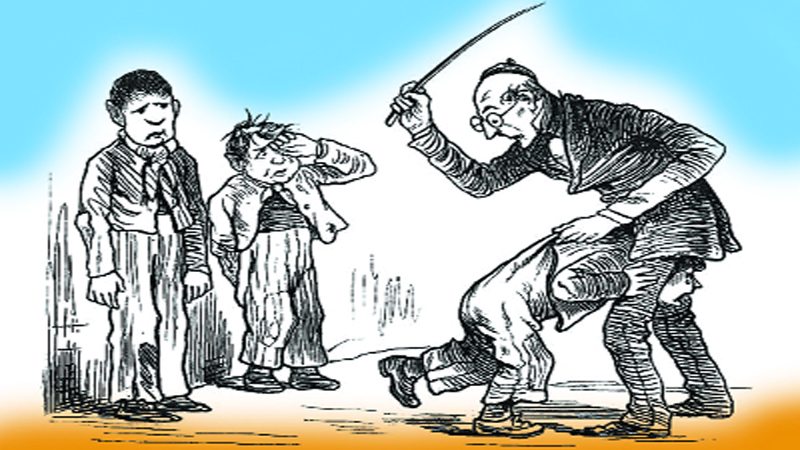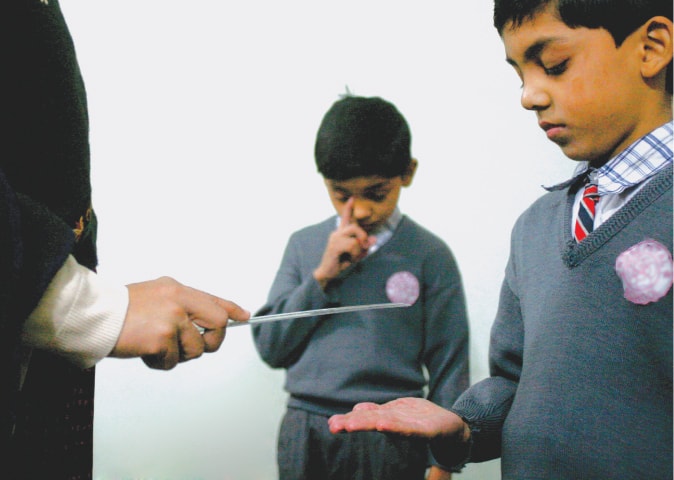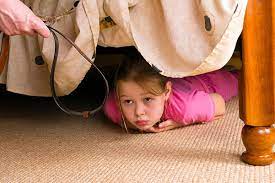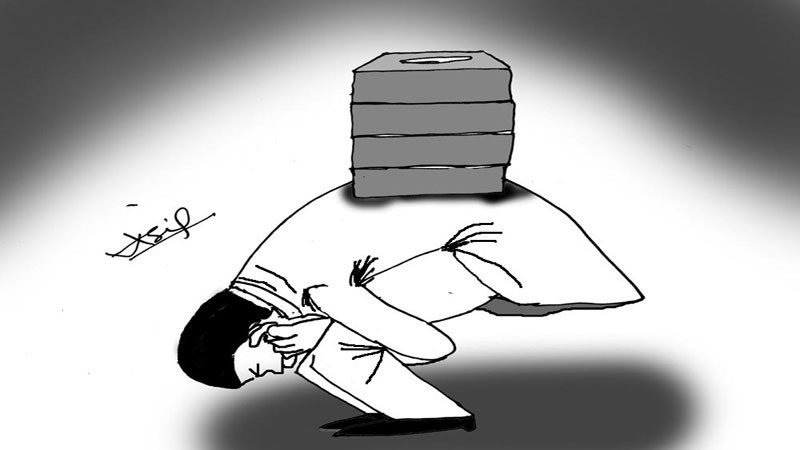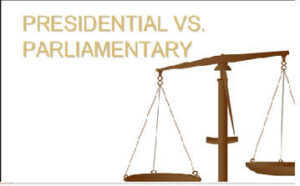It is important for children to learn the difference between right and wrong at an early age. Punishment is necessary to help them learn this distinction. To what extent do you agree or disagree with this opinion? What sort of punishment should parents and teachers be allowed to use to teach good behavior to children?
Although, it is quintessential for children to learn the difference between right and wrong at an early age. However, there exist conflicting views on whether punishment is necessary to help them learn this distinction or not. Punishment must not be given to the children because it hurts the children emotionally, physically, and psychologically and instills feelings of fear and hate among the children.
Conversely, the proponents of punishment view that punishment can help set clear boundaries and rules for children, teaching them about admissible behavior and norms. They say that punishment can help children to become responsible for their actions and learn to make better choices.
To commence, the opponents of punishment believe that it is in no way an effective method to teach a child the difference between right and wrong. They argue that positive reinforcement such as rewarding good behavior is more effective in teaching and shaping the behavior of a child than punishment. Moreover, harsh punishment can lead to feelings of fear, anxiety, and resentment in children, potentially damaging their emotional and physical well-being.
Non-punitive methods can be more effective in teaching children better ways to manage conflicts. Likewise, temporarily taking away certain privileges as a consequence of misbehavior. Apart from that, having open conversations with children about their behavior, and why it was inappropriate can help them understand the impact of their actions. So far 65 countries around the world have changed their laws, banning corporal punishment in homes and schools.
Above all, numerous studies have shown that the experience of corporal punishment in childhood is linked with mental health problems, negative parent-child relationships, aggression, antisocial behavior, impaired cognitive ability, low self-esteem, and, even in adulthood, domestic violence.
Contrary to that, some people consider that it is normal to punish children in the context of parenting and child discipline. For instance, Behaviorism which is a psychological theory, suggests that using punishment as a consequence for undesirable behavior can be an effective means of discouraging that behavior in a child. For example, if a child engages in a behavior that is deemed inappropriate, applying a form of punishment may serve as a deterrent to prevent that behavior from recurring.
Another argument in favor of punishment comes from social learning theory. It suggests that children learn by observing and imitating the behaviors of others. Punishment, in this context, can serve as a model for what is not acceptable behavior.
Conclusion
In a summary, teaching children about right and wrong is a crucial aspect of their moral and social development but it does not necessarily be accompanied by punishment.
Children learn a great deal by observing the behavior of their parents, teachers, and caregivers. Therefore, creating an environment where children feel comfortable discussing their thoughts, feelings, and questions about right and wrong is far better than taking punitive measures. For this, moral stories must be shared with the children to shape their behavior.
📍 English Language Educator | Blogger & Content Strategist | 7+ Years in Educational Blogging
Nosheen Bashir is a dedicated English teacher and experienced blogger with over seven years of expertise in content creation and educational writing. Passionate about language, literature, and effective communication, she combines her teaching experience with blogging skills to create insightful, research-backed content that helps learners and educators alike.
🔹 Expertise & Achievements:
✔ English Language Education: A skilled educator with years of experience in teaching English grammar, literature, and communication skills to students of varying levels.
✔ Educational Blogging: Running a successful blog for 7+ years, delivering well-structured, engaging content on language learning, writing techniques, and academic success.
✔ SEO & Content Strategy: Specializes in creating high-ranking, authoritative articles that follow Google’s EEAT principles, ensuring content that is both informative and search-friendly.
✔ Student-Centric Approach: Committed to making English easier, engaging, and accessible, helping readers and students improve their language proficiency.
🚀 With a passion for teaching and writing, Nosheen Bashir is dedicated to crafting educational content that empowers students, teachers, and language enthusiasts worldwide.

